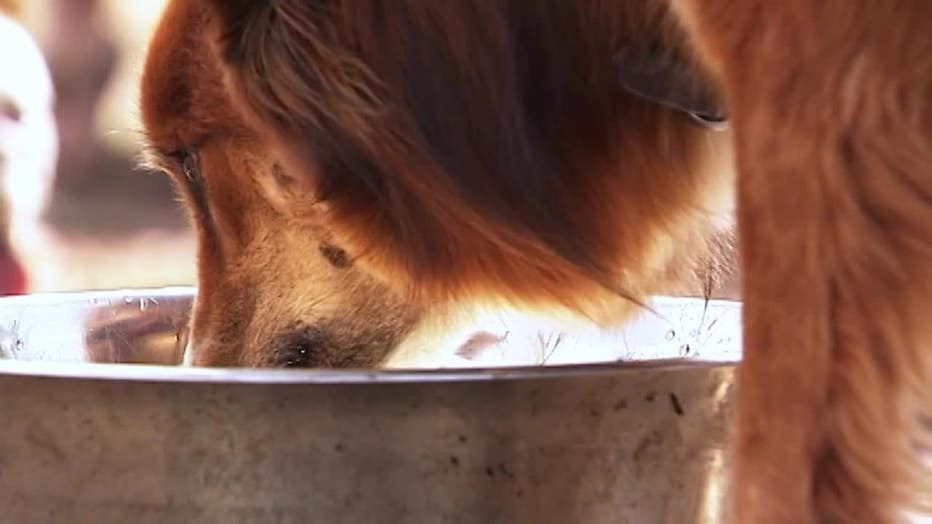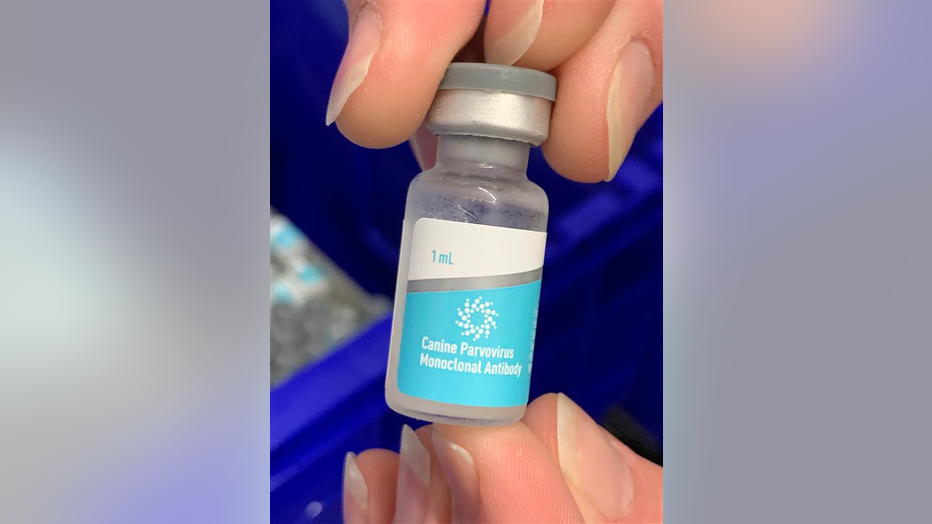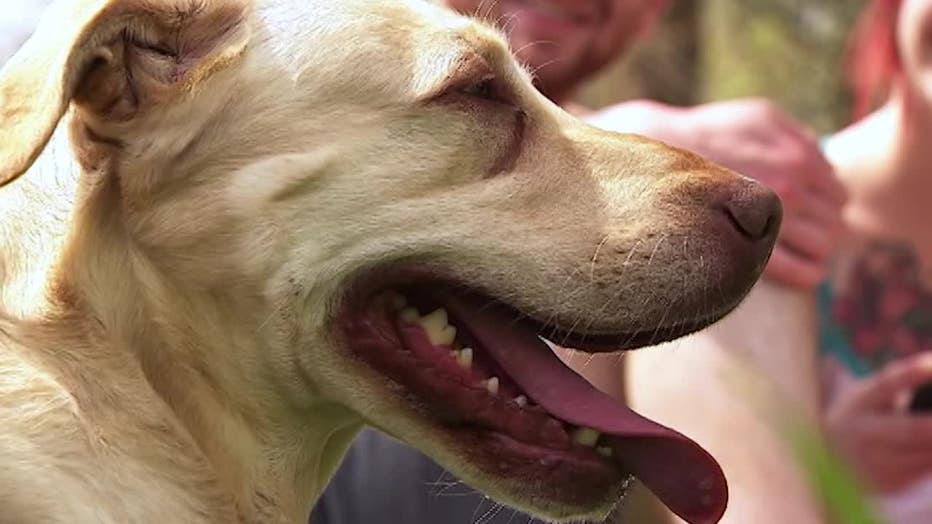New monoclonal antibody treatment may help boost canine parvovirus survival rates
New treatment may boost parvovirus survival
Canine parvovirus is a highly contagious, potentially devastating disease for young puppies and unvaccinated dogs. But, a new monoclonal antibody treatment, the first of its kind, may provide an immune boost to help dogs fight off the virus.
Atlanta - A new monoclonal antibody treatment could be a breakthrough in the treatment of canine parvovirus, helping a dog's immune system fight off the virus.
Canine parvovirus is a common, highly contagious virus that can affect all dogs, but can be most dangerous for young puppies under four months of age and unvaccinated dogs.
Dr. Andrew Leisewitz, a professor of small animal internal medicine at Auburn University College of Veterinary Medicine, says vaccinating your dog is the best way to protect him or her.
The virus can be spread from dog to dog, or through contact with contaminated feces from an infected dog.
Dr. Leisewitz has seen what canine parvovirus, often referred to as parvo, can do when it attacks a puppy's digestive tract.

"Puppies will become depressed, they'll stop eating, and then they'll develop a diarrhea, which will very quickly often become quite bloody," Leisewitz says. "Then, they'll start to vomit. And, then they become very dehydrated and electrolyte-depleted and very weak."
He says if puppies get intensive supportive care quickly, which usually involves three to five days in a hospital, receiving IV-fluids, anti-nausea medication and antibiotics for secondary infections, up to 90% of dogs survive their infection.
Without treatment, he says, fewer than 20% of dogs survive.
Until now, Dr. Kristin Zersen, an assistant professor of emergency and critical care at the Colorado State University Veterinary Teaching Hospital, says the care for parvo has been supportive, designed to ease a dog's symptoms as he or she tries to fight off the virus.
"So we've been giving fluids to help with hydration and giving anti-vomiting medications, but we've never been able to target the virus," Dr. Zersen says.

(Elanco Animal Health)
But the new treatment, the Canine Parvovirus Monoclonal Antibody, which was conditionally approved by the US Department of Agriculture earlier this month, may be the first to actually boost parvo survival rates.
Dr. Zersen – who is a consultant for Elanco Animal Health, the drug's manufacturer – says the IV-treatment approved for puppies eight weeks and older uses antibodies to bind to the parvovirus and keep it from being able to invade healthy cells, making the infected dog sicker.
"So, when the monoclonal antibody binds the virus, the virus can't get into those GI tract cells and cause all of that damage," Zersen explains.
When the monoclonal antibody was tested in 28 parvo-infected puppies, she says none of the puppies died, and all experienced a significantly faster improvement in their main symptoms that is typically seen with supportive care alone.
"So, they stopped vomiting sooner, they started eating more quickly, and their lethargy resolved," Zersen says.
What is not clear is how much the new treatment will cost.
Dr. Zersen says that will be left up to veterinarians.
But, Dr. Leisewitz says if it is affordable to pet owners, it could save lives and shorten hospital stays.
"That, obviously, will translate to a financial savings for the owner," he says. "This is an expensive disease to treat."

Dr. Zersen says states will now have to decide whether to authorize the monoclonal antibody treatment.
That process could take anywhere from a few weeks to a few months.

